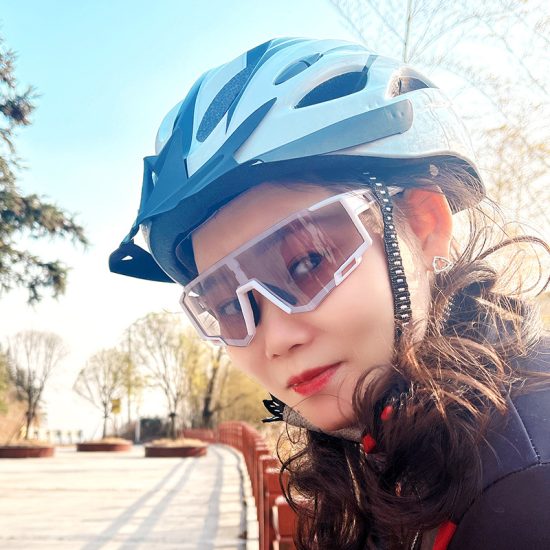Protecting your vision with the power of safety glasses is crucial in various settings and activities. Safety glasses are designed to provide eye protection against a range of hazards, including flying debris, chemicals, UV radiation, and more. Here are some key reasons why safety glasses are important for safeguarding your vision:
- Prevent Eye Injuries: Safety glasses act as a barrier to prevent foreign objects from entering your eyes. In construction, manufacturing, woodworking, and other industries, debris and particles can easily cause eye injuries.
- Chemical Protection: In laboratories, industrial facilities, and even at home, safety glasses with chemical-resistant coatings can shield your eyes from harmful chemicals, acids, and caustic substances.
- UV Protection: Some safety glasses are designed to block harmful ultraviolet (UV) radiation from the sun. Prolonged exposure to UV rays can lead to conditions like cataracts and macular degeneration.
- Protect Against Optical Radiation: Safety glasses with specialized lenses can protect your eyes from optical radiation sources such as welding arcs and lasers, which can cause serious eye damage if not properly shielded.
- Dust and Allergen Protection: Safety glasses can help prevent dust, allergens, and other irritants from entering your eyes, reducing the risk of eye infections and discomfort.
- Prevent Infections: In healthcare and laboratory settings, safety glasses can prevent contact with bodily fluids and infectious materials, reducing the risk of infection transmission.
- Sports and Recreation: Safety glasses, or sports goggles, are essential for protecting your eyes during sports and recreational activities such as racquetball, basketball, and paintball, where fast-moving objects can pose a danger.
- Preserve Long-Term Vision: Consistently wearing safety glasses in hazardous environments can help preserve your long-term vision and reduce the risk of developing eye conditions or injuries.
When choosing safety glasses, consider factors such as the type of hazard you’ll be exposed to, the fit and comfort of the glasses, and any additional features like anti-fog coatings or prescription options if needed. Remember that wearing safety glasses is not just a precaution but a proactive measure to protect your eyes from potential harm. Always prioritize your vision and eye safety in any situation where there is a risk of eye injury or damage.


